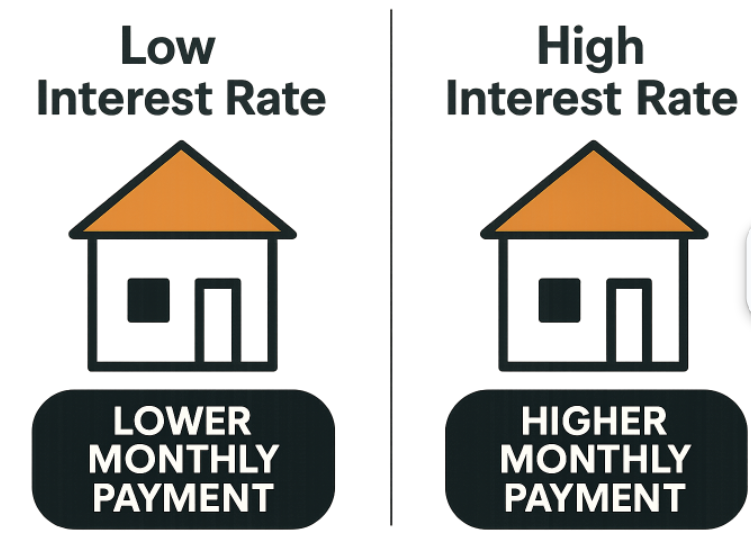With gas prices on the rise and environmental concerns becoming more pressing, improving your car’s fuel efficiency isn’t just smart—it’s essential. Whether you commute daily or plan a road trip, making a few adjustments to your driving habits and vehicle maintenance can lead to significant savings at the pump. Here are some simple, practical tips to help you fuel smarter and drive farther on every tank.
Keep Your Tires Properly Inflated
One of the easiest ways to boost your car’s fuel efficiency is to maintain the correct tire pressure. Underinflated tires create more rolling resistance, which makes your engine work harder and burn more fuel. Check your tire pressure monthly and inflate them according to the manufacturer’s recommendation—usually found in your owner’s manual or on a sticker inside the driver’s door.
Lighten the Load
Carrying excess weight in your vehicle can reduce fuel economy, especially if you’re hauling heavy items in the trunk or on a roof rack. Every 100 pounds of added weight can decrease fuel efficiency by up to 2%. Remove unnecessary items from your car, and only use roof racks or carriers when absolutely necessary, as they increase wind resistance and drag.
Drive Smoothly
Aggressive driving—like rapid acceleration, hard braking, and speeding—can lower your gas mileage by up to 30% on the highway and 40% in stop-and-go traffic. Aim for smooth, steady acceleration and deceleration. Anticipate stops ahead of time and coast when possible to reduce fuel use and wear on your brakes.
Use Cruise Control Wisely
On long highway drives, using cruise control can help maintain a consistent speed, improving fuel efficiency. However, avoid using it in hilly areas where your car might burn more fuel trying to maintain speed uphill. In those cases, a gentle foot on the pedal may be more efficient.
Limit Idle Time
Idling wastes fuel and increases emissions. If you’re waiting in your car for more than a minute or two, it’s more efficient to turn off the engine. This is especially true for modern vehicles, which require less fuel to restart than they do to idle for extended periods.
Keep Your Engine Tuned
Keeping your engine in top shape is key to maximizing fuel efficiency. Routine services like oil changes, replacing air filters, and inspecting spark plugs can greatly enhance your vehicle’s performance and gas mileage.
Don’t overlook transmission health either—if you’re experiencing shifting issues or unusual noises, seeking expert auto transmission repair in Salt Lake City can prevent bigger problems and help your car run more efficiently. Adhere to your vehicle’s recommended maintenance schedule to ensure everything operates smoothly.
Use the Right Motor Oil
Using the manufacturer’s recommended grade of motor oil can improve your gas mileage by 1-2%. Look for motor oils labeled “energy conserving,” which contain friction-reducing additives that help the engine operate more efficiently.
Watch Your Speed
Fuel efficiency typically peaks between 45 and 65 mph, depending on the vehicle. For every 5 mph you drive over 60, you’re effectively paying an additional 10 to 20 cents per gallon. Stay within speed limits and use your car’s most efficient cruising speed to maximize mileage.
Plan Efficient Routes
Combining errands into one trip and choosing the shortest or least congested routes can reduce your overall Fuel Smarter usage. Avoid peak traffic times when possible, and consider using GPS apps that provide real-time traffic updates to help you avoid unnecessary idling and stop-and-go driving.
Use Air Conditioning Wisely
Running the A/C can increase your fuel consumption, especially at low speeds. On cooler days, try using the fan or opening the windows. At highway speeds, using the A/C is often more efficient than having the windows down, as open windows create drag that reduces efficiency.
Upgrade to Fuel-Efficient Tires
Some tires are specifically designed to reduce rolling resistance and improve fuel economy. If you’re in the market for new tires, consider options labeled as “low rolling resistance” or “fuel efficient.” While they may cost slightly more upfront, they can save money over time in reduced fuel use.
Consider a Fuel-Efficiency App
Technology can be your ally. Many smartphone apps help monitor driving habits and provide tips to improve efficiency. Some even connect to your car’s diagnostics system to offer personalized advice and real-time feedback on your driving style.
Concluion
Improving your car’s fuel efficiency doesn’t require significant changes—just smarter choices. From regular maintenance to mindful driving habits, every small step adds up to big savings. Not only will you save money, but you’ll also reduce your carbon footprint and help preserve the environment.




